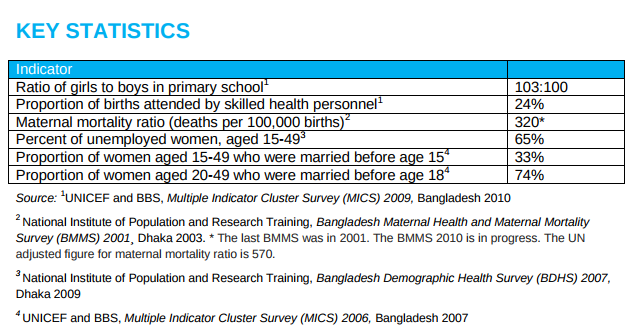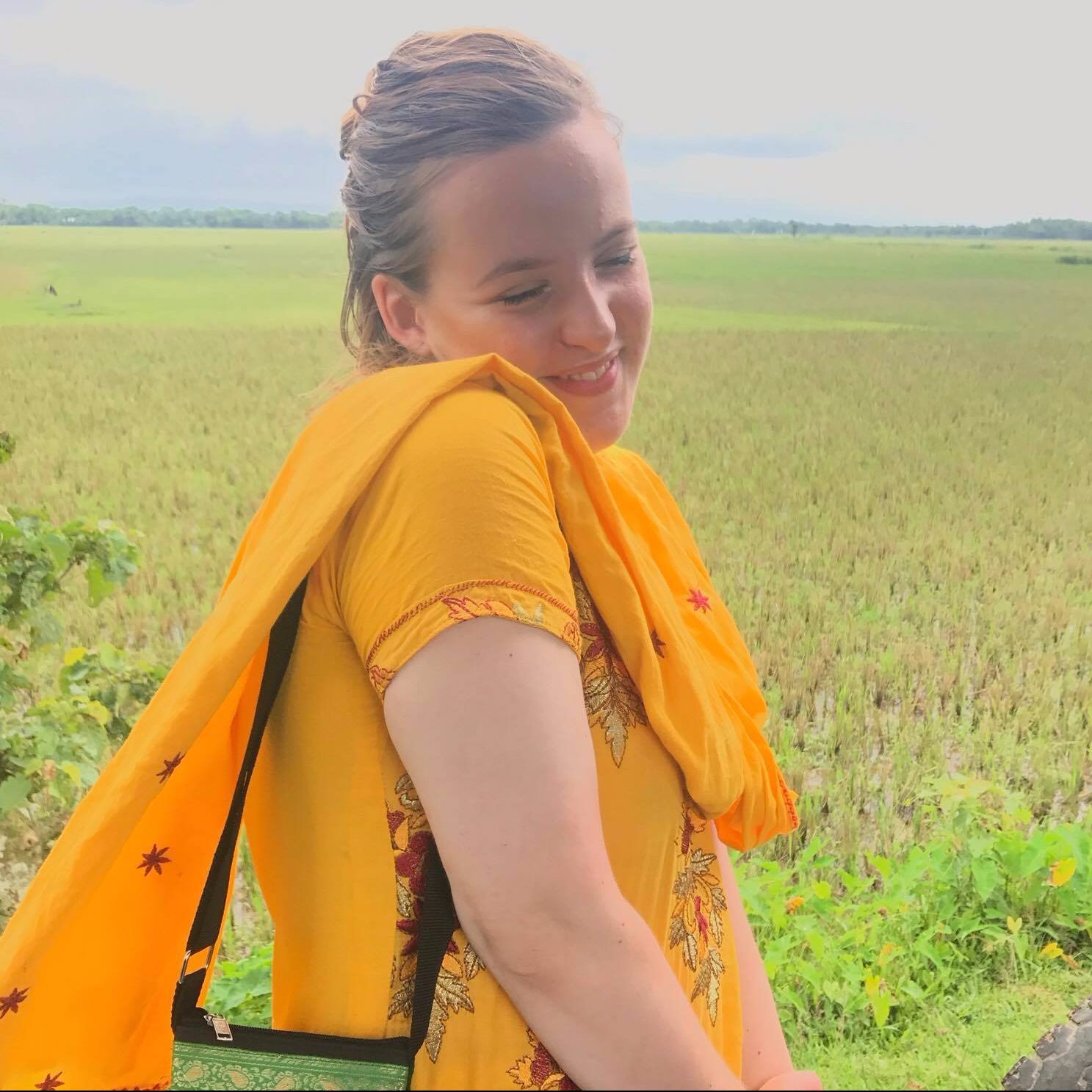Why Bangladesh?
Bangladesh has the 2nd fastest growing economy (The Independent, 2016) in the world, behind it’s neighbour India. They mostly export apparel, like men’s suits or woven cotton, and ship to the UK, the US – ironic, as Bangladesh is largely Muslim, sorry Trump – and other parts of Europe and Asia. So why do they need our help?
While the number of people living in poverty may have fallen since 2000 by over 16 million (World Bank, 2013), Bangladesh’s problems lay either politically or socially, rather than economically. Briefly, here are the things that we will be going over to Bangladesh to help combat:
- Disabled children and adults
- Women
- Child brides
- Young people who need sustainable employment
- LGBT+ community
Disabled children and adults
Disability in Bangladesh is still widely regarded with negativity, and is sometimes labelled as a “curse from God” brought on by the parents in some rural areas, or even as something contagious that can bring on an “evil wind” and “curse” others (CRP Bangladesh). Disabled and mentally ill people are not regarded as members of society, but as burdens from god.
Women & girls
 g
g
Girls are considered to be financial burdens on their family, and their adolescence is not seen as a transition from puberty to adulthood; but as a complete shift from child to adult (UNICEF’s “Woman and Girls in Bangladesh”). Alongside this issue is child marriage. Girls are sold to their husband’s family for money; which means the girls’ families are relieved from having to care for them, as the bride will move into the grooms’ home. Men are not allowed to marry until they are financially independent, which means they are significantly older than their wives, and hold all of the income.
Sex education is not widely available, and tampons are extortionately priced. Condoms and birth control are not easy for people, especially women, to receive. It is seen that if you are not married, you should not be sexually active; and if you are married, you should be having sex to have children.
Over half of women in Bangladesh who had been married aged 15-49 experiences sexual or physical violence at the hands of their husbands. More than half of suicides of children under 17 were girls. (World Bank: “Whispers to Voices”)
Unemployment of Young People
Young people are not taken as seriously as older or elderly people in Bangladesh, in the same way they are disregarded in developed countries. There is stigma allover the world, especially against millennials. one of the things Y Care International focuses on is people aged 15-24, and we will run interview workshops and CV writing workshops while we are over in Bangladesh.
LGBT+ Community
“Section 377 of the penal code states Whoever voluntarily has carnal intercourse against the order of nature with any man, woman or animal, shall be punished with imprisonment for life.” since Oct, 1860. Any homosexual acts, pride, or intent, in private or public is illegal and punishable by life imprisonment.
Transgender women are called “hijra” by most of South Asia, and are seen as a “third gender” by the governments. Due to their excluded status, even their name being used as a slur, they usually live together in large groups. this leaves them vulnerable to attack. A lot of transgender people struggle to find work in Bangladesh, which leads them into sex work.
While over there, we will be working to improve the quality of life in Bangladesh for these minority groups. Stay tuned to see updates on my journey, or follow me on instagram.
Header image from www.virtualbangladesh.com
